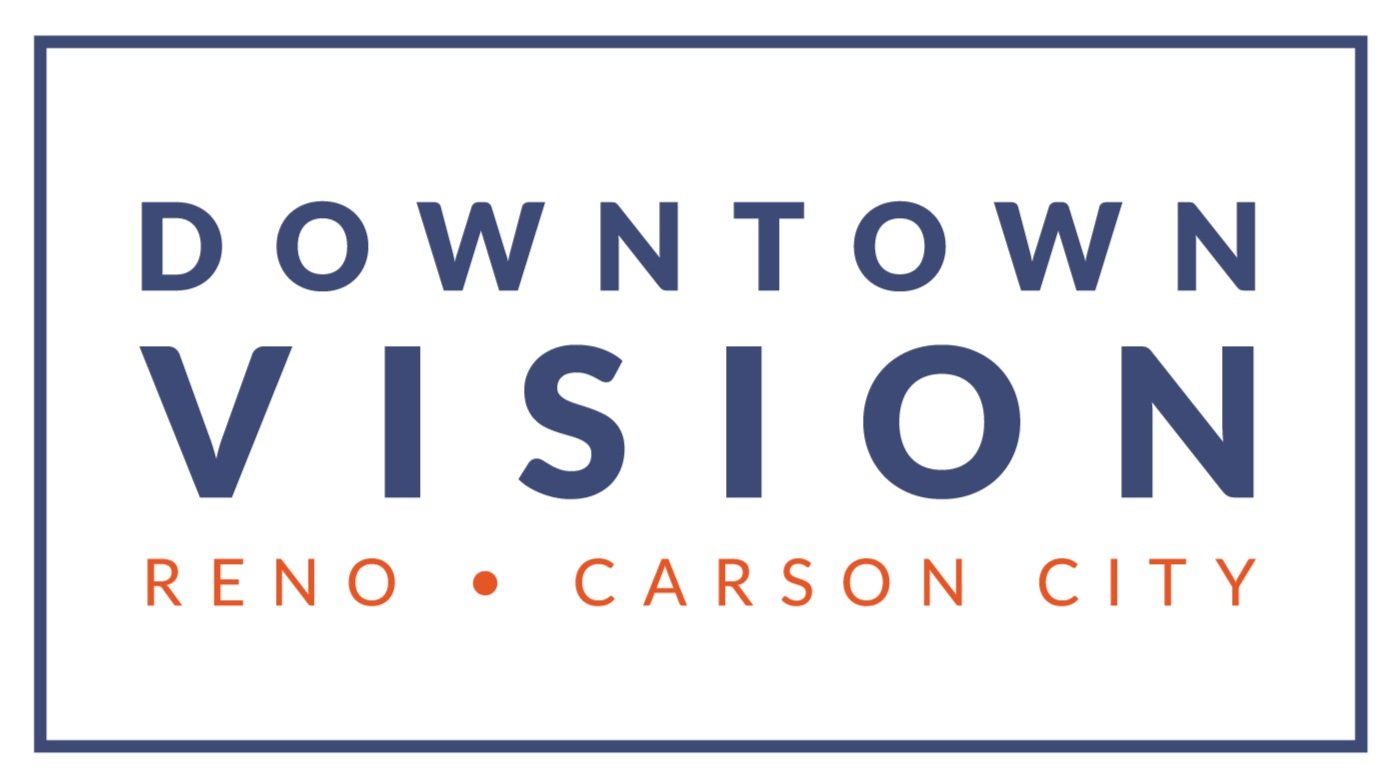I Got Blue Light Reflecting Glasses And Yes, The Sky's Still Blue
When I first got glasses at age 7, my mom made it a point to tell me (constantly) not to wear them in front of the computer, because it would strain my eyes. On top of the classic “moms-know-best” tactic, she’s a nurse, so I took her advice seriously. 18 years later, and I still find myself habitually taking off my glasses before I sit down at my desk. But, annoyingly, I put my glasses back on as soon as I get up and take them off as soon as I sit down, performing a series of tasks without ever really knowing the reason behind why I was doing it. Not to mention that even without glasses on, my eyes would still feel strained whenever I was in front of a computer screen for too long.
When curiosity got the better of me, I wanted to learn why my eyes felt so bad after the workday was done. And with a scheduled eye appointment in a few weeks, I wanted to know what I should tell my doctor. My Internet research rabbit-hole led me to learning about blue light filter technology, which, unbeknownst to me, has been used in glasses for quite a while.
Color is represented by certain wavelengths of energy. As most of us can recall from early science classes, the colors we know make up the visible light portion of the bigger electromagnetic spectrum. Reds, oranges, and yellows are softer, longer wavelengths, while greens, blues, and violets, are higher on the spectrum and have shorter wavelengths. The shorter the wavelength is, the more energy is produced.
Certain blues and violets are known as high-energy visible light (HEV light) because of the amount of energy they produce in comparison to other lights. HEV light is especially present in digital screens, like the phone screen or monitor you’re reading this on. These HEV light waves can cause strain to our retinas because the amount of energy they produce is something our eyes are sensitive to. It’s also a common myth that wearing glasses in front of a computer screen can cause headaches (Sorry, Mom). Whether you wear glasses or not, sitting in front of a screen for extended periods of time without blue light protection can cause eye strain or headaches.
This makes blue light filters exactly what they sounds like. In the world of optometry, blue light reflection comes from a special coating (appropriately called “blue light filter coating”) that can be applied to lenses to bounce certain types of blue light away from the eyes. Similar to how sunglasses can block UV rays if they have UV protective coatings, blue light filter coatings can block some of the more dangerous HEV light that has been linked to eye strain and inner eye damage. With that said, blue light filters are great at bouncing HEV light and preventing eye strain. But they aren’t a replacement for UV protection in eye wear. UV protection is still much more important, as UV damage can be a lot more severe than blue light. As much as I recommend everyone should consider getting blue light reflecting glasses, UV protection should not be ignored and should be used in all eyewear, sunglasses and eyeglasses alike.
The best part is: it only blocks light that can be harmful. Yes, ladies and gentlemen. The sky’s still blue, even with blue light filters. In fact, there’s still a whole lot of blue in the world, which is great news if blue is your favorite color. HEV light is very specific, affecting a very small amount of the visible light spectrum. Instead of reflecting all blues and violets, blue light filters are made to only bounce off those specific HEV light waves. Zeiss, a common name in the world of eye care, even uses a form of blue light filter called “DriveSafe” that not only reduces blue halogen lights from other cars, but also reduces glare while driving.
While blue light filters are great at bouncing HEV light and preventing eye strain, it’s certainly not a replacement for UV protection in eye wear. UV protection is still much more important for your eyes, as UV damage can be a lot more severe than blue light. As much as I think everyone should consider getting blue light filter coating, I especially recommend everyone get proper UV protection with all of their lenses, both sunglasses and standard eyeglasses.
After 18 years of wearing glasses, not a single pair of mine had blue light filters. Once I learned what it was and what it did, it was made clear that wouldn’t be the case in the future. When I finally walked in for my eye appointment, I already knew what to ask for. Having glasses with blue light filter coating on them might be one of the best decisions I’ve made in my adult life. And if you’re like me, whether you’ve been wearing glasses for years, just getting your first pair, or have no interest, I’d still recommend getting a pair of blue light reflective glasses.
Written by Joe Staples.

